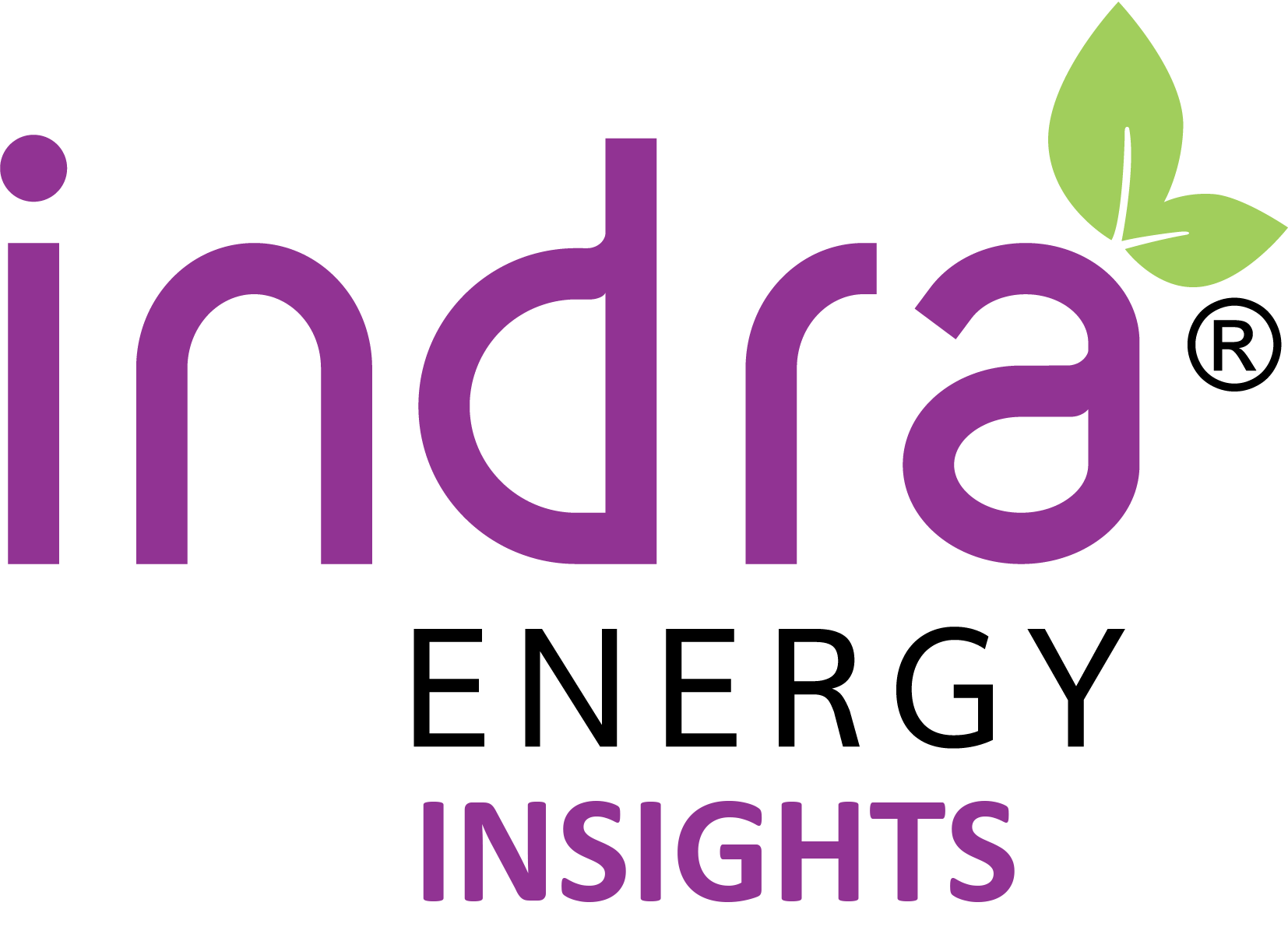Energy deregulation has been expanding across states over the last few decades to include either a deregulated market in Gas or Electric, or both. Deregulated markets allow individuals and businesses to choose from several pricing options and suppliers depending upon their personal preferences and corporate values and requirements. Options are broad and can come as a result of increased competition, as well as the ability to satisfy any green power requirements, for example.
The examples below illustrate the advantages of deregulation for homeowners and small businesses.
The Average Homeowner
Most people today can relate to the experience of using an internet marketplace app, such as Amazon, to check online prices against prices at a brick-and-mortar store. This has become a normal shopping method for those who wish to make the most of their household income.
You may not have considered it previously, but you also have this shopping ability in deregulated markets. Customers can enjoy the options of choice as they review energy prices online and select the provider that best fits their personal needs, and satisfies other important personal factors including customer service and reputation, to name a few.
The Small Business Owner
In the competitive business environment, corporate responsibility and sustainability are increasingly important to the success of a business. Consumers want to buy products and select services from businesses that are environmentally friendly, therefore, businesses can go the extra mile in pleasing customers by showing their willingness to choose clean energy options.
Going green is a great selling point that businesses can use to market and differentiate themselves, while simultaneously supporting the environment.
Simply put, deregulation is about choice for the consumer to select energy options that fit their personal and business needs, and offers an opportunity to support the ever-important sustainability movement.















